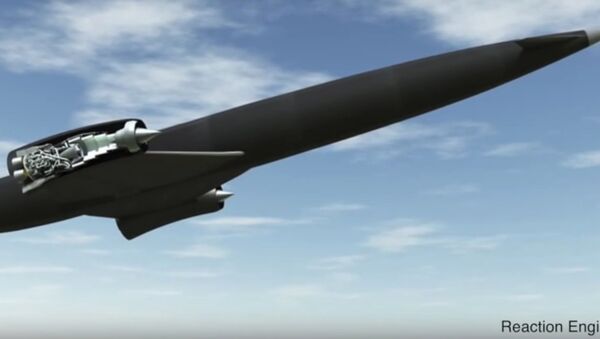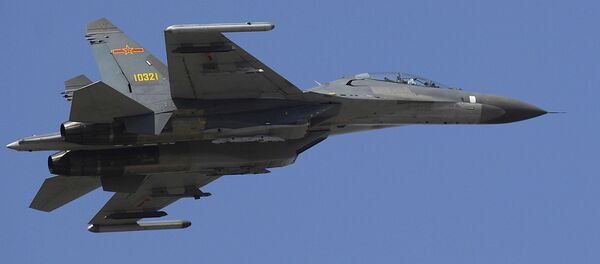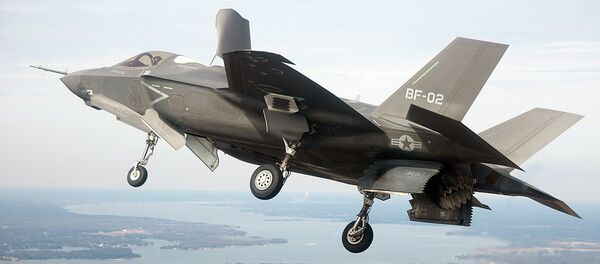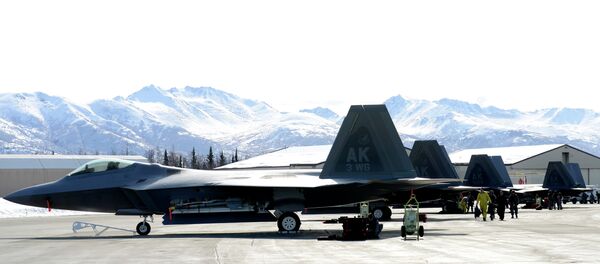So what can we expect? According to Reaction Engines, driving Sabre is a brand new kind of aerospace engine, which allows for the operation of planes from a standstill on the landing strip, to speeds five times greater than the speed of sound in the atmosphere.
.@ReactionEngines #SABRE is a revolutionary technology — as big a leap as moving from propellers to the jet engine pic.twitter.com/y8aCEt6pXk
— BAE Systems (@BAESystemsplc) November 2, 2015
“[It’s] a new aerospace engine class that combines both jet and rocket technologies with the potential to revolutionize hypersonic flight and the economics of space access,” Reaction Engines’ statement reads.
The technology has been subject to extensive independent assessment that has proven its viability, the company noted.
Reaction Engines hopes that BAE Systems’s investment of $31.79 million will be followed by $92.6 million in government grants, Business Insider reported.
Science and Tech news from Wired: Oxford-made Skylon 'super-plane' gains BAE and UK backing The UK government has… https://t.co/ffgRupeAJc
— Chris Chew (@ChristopherChew) November 2, 2015
Initial tests for Sabre are expected to be carried out by 2019, with hopes that the first planes will be launched by 2025.
So far, experts are quite optimistic about Sabre’s prospects. David Parker, head of the UK Space Agency, called BAE’s investment "a vote of confidence in the technology," the Financial Times reported.




